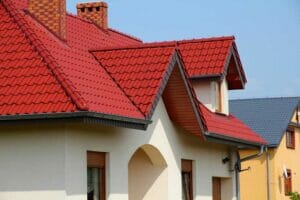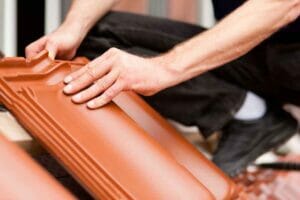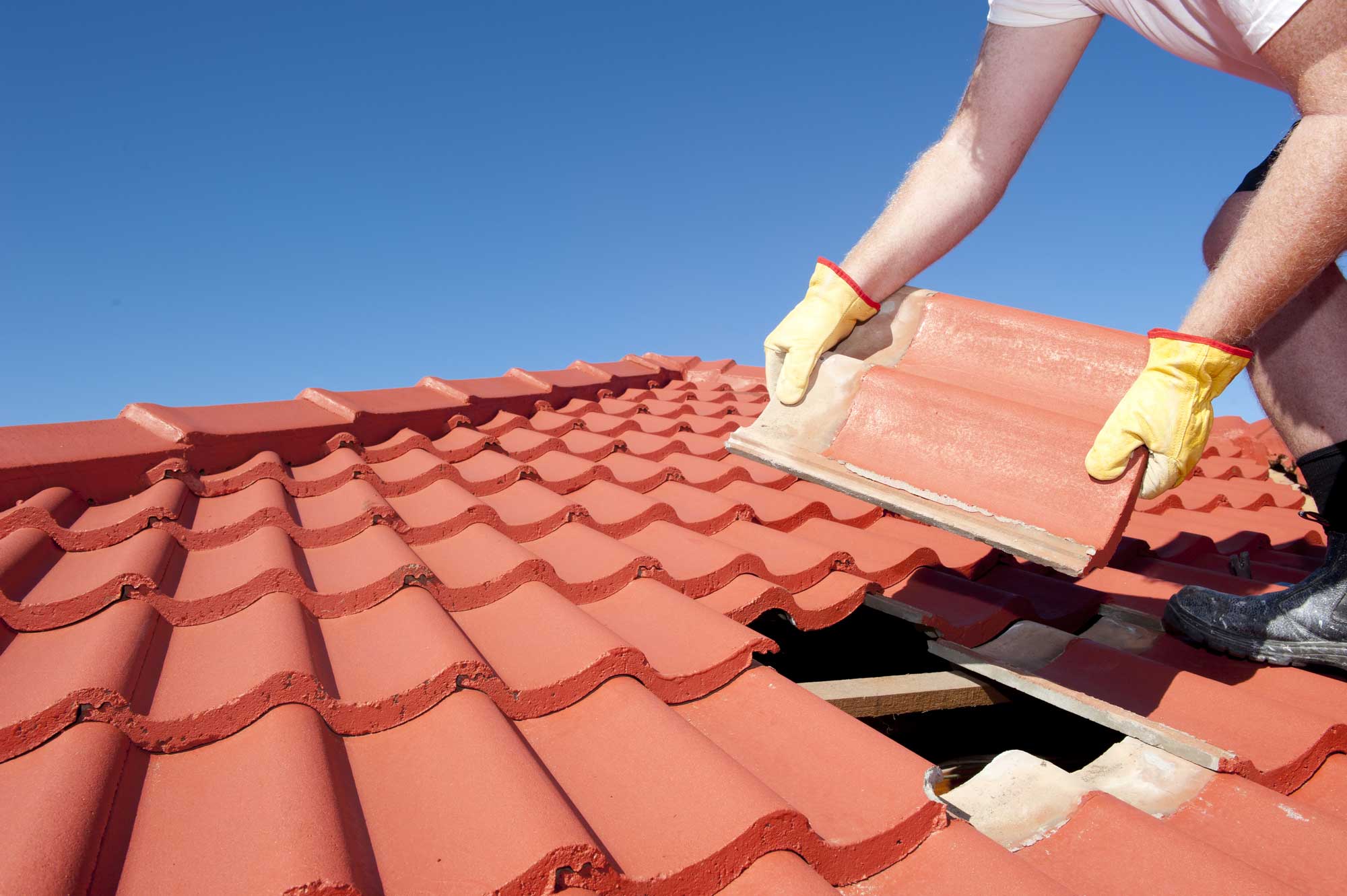Clay tile roofing has been a popular choice among homeowners for centuries. Its durability and aesthetic appeal are two of the major reasons that this type of material is so highly sought after. Prospective buyers should consider the advantages and drawbacks that come with clay tile roofing before making their decision to purchase it. This article will discuss the various aspects of owning this material, including installation methods, maintenance requirements, environmental considerations, and design options.

Benefits of Clay Tile
Clay tile is the option for home improvement projects that offer an attractive, long-lasting aesthetic. Clay tiles have been used in various parts of the world since ancient times to create a strong yet decorative covering for buildings. This type of roofing material is still popular today due to its durability and ability to withstand extreme weather conditions. It has a unique texture compared to other materials, which helps it stand out from the rest.
Clay also features natural insulation properties, meaning they help reduce energy consumption by reflecting heat away from the building during summer and trapping air inside during colder seasons. Clay is low-maintenance; they require minimal cleaning or repairs over its lifetime thus saving money on upkeep costs in the long run. Additionally, clay can be recycled at the end of its lifespan, making it a sustainable choice despite its traditional production methods.
Average Lifespan of Clay Tile
The average lifespan of roofing is an important consideration for any construction project. Roofs are the most vulnerable part of a building and can be costly to repair or replace, so it is important to understand how long they may last before needing repairs or replacement. Clay tile roofs, in particular, have become increasingly popular due to their aesthetic appeal and durability; however, many factors determine how long these roofs will remain effective. Generally speaking, clay tiles tend to last between 50 and 100 years, depending on installation quality and environmental conditions.
For clay tile roofing to reach its maximum potential lifespan, highly skilled professionals must employ proper installation techniques, along with regular inspections every few years. Regular cleaning can help alleviate buildup from dirt and debris, which could result in water leakage if left unchecked. Additionally, ventilation should also be considered when installing either material to prevent moisture accumulation within the structure, which could lead to mold growth or further damage over time.

Inspecting Clay Tile Roofing
Clay tiles have long been famous for roofs due to their durability and attractive aesthetic. These roofs typically last longer than other types of material, but they still require regular inspections to detect any potential problems. The frequency of these inspections depends on several factors, such as age, weather conditions, and individual circumstances. In general, it is recommended that clay tile or slate roofs be inspected every two years by a qualified professional who can assess the structure’s condition and make necessary repairs.
Inspections should also occur after major storms or natural disasters which may cause damage to the roof structure. If significant wear or damage is found during routine inspections, then more frequent check-ups should occur until proper repairs are made. Regularly scheduled inspections help identify small repair needs before they become more prominent, which could result in costly replacements. Furthermore, regular evaluation allows property owners to keep track of the overall condition of their homes, so they remain safe from harm over time.
Conclusion
Clay tile roofing offers many benefits, including a long lifespan. While these materials may be more expensive than other roofing materials, they are cost-effective in the long run due to their longevity. On average, clay tile roofs can last up to 50 years, while slate roofs can last over 100 years with proper maintenance. Regular inspections and maintenance should also be conducted every few years to ensure optimal performance and durability of clay tile roofing systems. In addition to providing excellent protection against the elements, clay tile roofing adds aesthetic value and increases curb appeal when installed on residential homes or commercial buildings.
If you’re looking to install clay tile roofing for your Jacksonville home, trust the experts at Elo Roofing to get the job done right. Contact us today for a free estimate and see what we can do!


